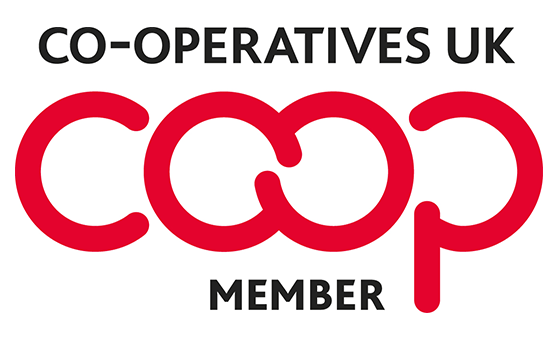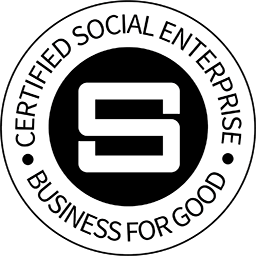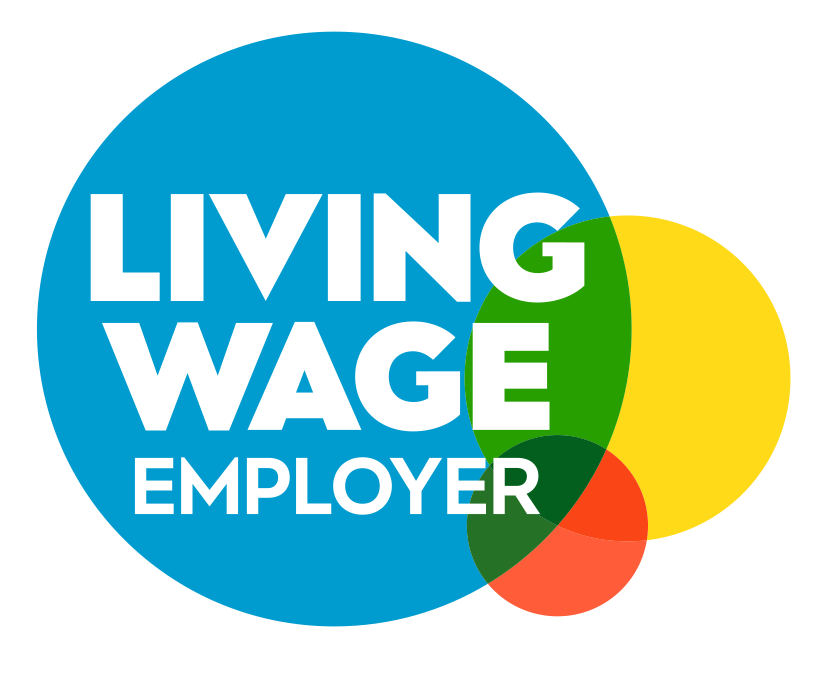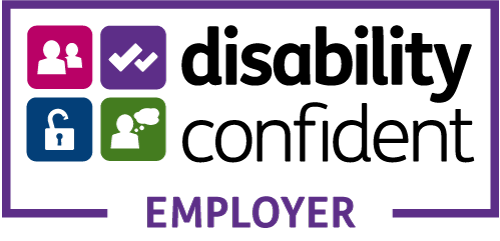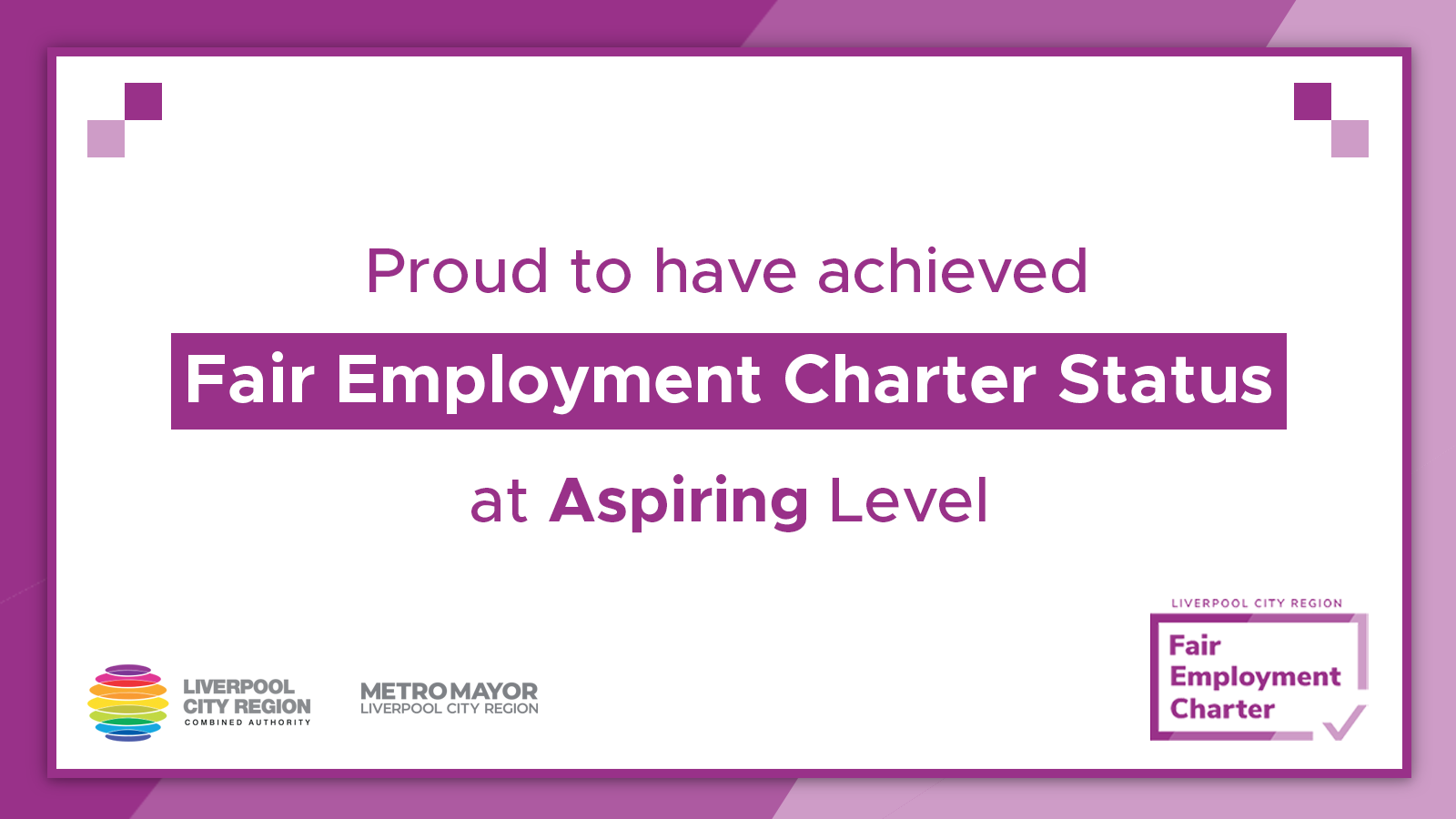The history of BSL (British Sign Language) interpreter contracts in Merseyside
Where we were, what changed and how we can regain what we lost
Kate Boddy • Nov 6, 2019 • 4 min read

What we lost...
Rewind ten years in time and you will find yourself in what I like to call the glory days of BSL interpreting. Deaf people found vast improvements in access thanks to the recognition of BSL as a language and the introduction of the Equality Act. In those days, Deaf Centres often held SLAs with local authorities, hospitals and GPs and employed large teams of interpreters who fulfilled these contracts.
This benefited our community in many ways, Deaf people were able to influence the training of a BSL/English interpreter and often met them at the start of their training journey. This allowed Deaf people to contribute to the skill set and trust in the interpreting community around them. Likewise, the large teams of interpreters allowed for mentoring and support of the then Junior Trainee Interpreter/Trainee Interpreters and teams were able to support their colleagues by sharing knowledge, advice and they made collective decisions about how to deliver the service. Booking coordinators knew their users, they could be proactive in their work rather than reactive and could ensure the Deaf user was fully informed. They also promoted inter-professional working and could advise mainstream services on how best to meet the needs of their client.
The shift...
Then came possibly the biggest shift in BSL interpreting we have ever seen. In the late 2000’s came the introduction of the NHS procurement hub. The intention of the Hub was for hospitals to save time and money in the activities of contracting by opting into a centralised list of approved providers for anything from buying toilet rolls to interpreting services.
BSL interpreting was then shifted from a disability access provision to a commodity that spoken language agencies could cash in on. If a language agency stated they could provide an interpreter for ANY language, including BSL then they were more likely to win a place on the procurement hub list.
There began the race to the bottom and, the falling standards of BSL interpreting. Many spoken language agencies did not understand BSL interpreting, refused to pay standard rates and employed unqualified interpreters to do the job of an Registered Sign Language Interpreter (RSLI). Local Merseyside Interpreters fought against this and initiated campaigns such as the Janus Project and Our Health Your Hands. Despite this the Hub’s procurement model was rolled out across the UK and was later used by the government for procurement for the Ministry of Justice and other departments.
Today…
Fast forward ten years and we find ourselves where we are today. A Deaf and Deafblind community with unmet needs. A Deaf Community that does not know its interpreters and decreasing levels of community cohesion with a lack of opportunity to share advice, knowledge and increase interpreters’ skill set. Trainee and newly qualified interpreters having to go it alone, feeling unsupported and set apart from the Deaf community. This creates an atmosphere of unrest and uncertainty. Spoken language agencies are able to capitalise on our division, something which we can only resolve by working together.
One example of such working is Wirral interpreters’ recent campaign to the Clinical Commissioning Group (who purchase services for primary care including GPs) to prevent the NHS contracting to Language Empire. Wirral interpreters, supported by Interpreters from Merseyside and surrounding areas stood together and took action, stating that they would not work for such an organisation. It worked. It worked because we took collective action and this is something which we should learn from and take forward.
The NHS decided not to contract to Language Empire, but instead chose to contract to a different spoken language agency. And this is where our work begins.

We must offer a solution, an alternative to a spoken language agency and that answer is a cooperative. By bringing the Deaf and Interpreting community back into the steering wheel we can transform and revitalise interpreting provision in Merseyside.
Imagine a community where Deaf people could start training our interpreters again.
Imagine trainee and newly qualified interpreters able to work within a system which is designed to support them.
Imagine a system where CPD reflects feedback from our community.
Imagine being able to work with commissioners so contracts reflect our community need.
Imagine the profits and how they could benefit our community, fill the gaps that are turning into sink holes.
Imagine how empowered our community would be by collectively deciding how to spend those profits.
Imagine a working and collectively owning a service, of which we could all be proud.
This is achievable through SignCo.io.
If you are a Deaf person or interpreter working in Liverpool or on The Wirral, please become a member by filling out our quick membership form.
Anyone interested in SignCo.io can keep up to date by signing up for our newsletter.
